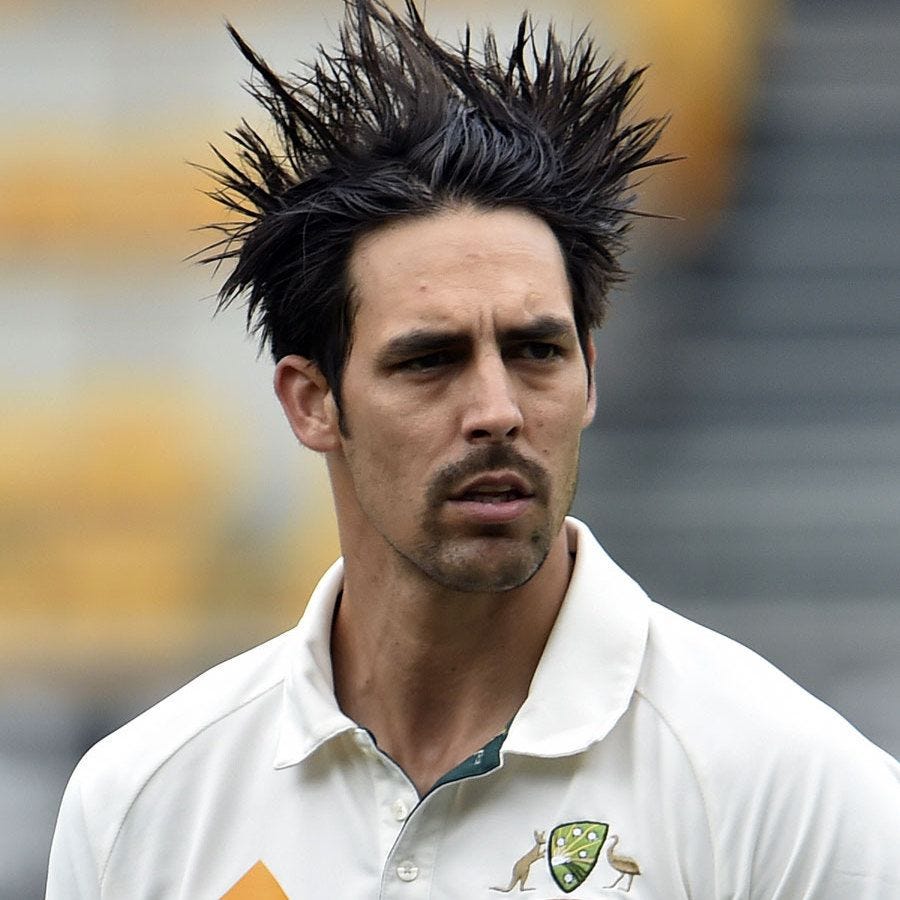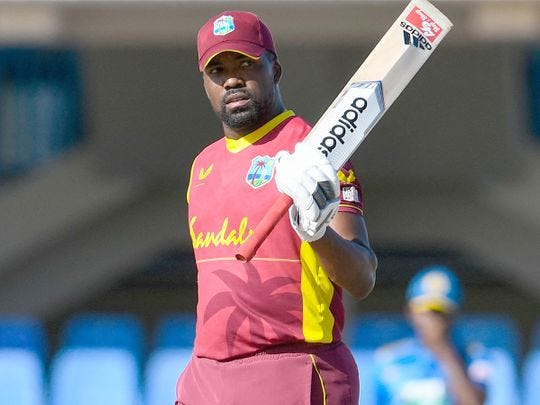A few thoughts for December on a game that now never stops.
The Spring and Autumn Game
The England and Wales Cricket Board (ECB) have announced the schedule for the coming season. Suffice to say, they have not listened to the players’ union who argued that the amount of cricket was far too much. They do not seem to care, either, that county cricket is being marooned at the beginning and the end of the summer – spring and autumn in fact – to accommodate the Hundred. Andrew Strauss’s performance review was designed to deal with this. It has been ignored and the ECB are slowly killing off county cricket, though whether by design or by accident it is hard to be sure.
County cricket players fume over ‘unsustainable’ schedule (msn.com)
Johnson Bounces Warner
Mitchell Johnson had days, in the course of taking 313 Test wickets, when he explosively unplayable. Now, as an opinionated columnist for the West Australian he is back off the long run. He has already made some disobliging remarks about Pat Cummins (who keeps smiling and winning every tournament available) and now Johnson is steaming in to David Warner.
In his latest piece (Johnson lashes out at Warner, asks if he 'warrants a hero's send-off' (msn.com)) Johnson suggests that Warner has no right to select himself for the forthcoming Test series against Pakistan in the hope that he will receive a rousing send-off into retirement at the Sydney cricket ground. George Bailey, the chief sector of Cricket Australia, gently inquired whether Johnson was OK and then insisted that, though Warner was in the squad for the first Test, he was by no means guaranteed his place for the series.
Johnson makes three points and two of them have merit. It is unfortunate that his main point – that Warner has “never really owned the ball-tampering scandal” drags out old dirty linen. Warmer, in fact, feels aggrieved to this day that he was used as a scapegoat for that scandal, to protect Steve Smith. Whatever the underlying truth of that incident there seems little point in going back to it now.
Johnson does have a point about Warner as a test match opener, though. In his last 20 matches, Warner has scored 936 runs at 26.74. He doesn’t really merit a place in the side, on those numbers. With Khawaja, Labuschagne, Smith and Head all certainties for selection and Cameron Green back in the squad alongside Mitch Marsh, there is plenty of competition for a place in the top six. And that is without mentioning Marcus Harris, Cameron Bancroft, Matt Renshaw and Will Pucovski. For all his brilliance over many years – and a good showing at the World Cup – Warner cannot be guaranteed a place until Sydney. He needs some runs.
But Johnson’s other point is perhaps his best. Isn’t it all a bit theatrical, a bit unnecessary, to have these grand flamboyant send-offs? Hayden, Langer and Warne at Sydney, Cook at The Oval, Broad at Lord’s. Wouldn’t it be better if, like Steve Waigh, players just shuffled away, to be replaced by younger models? We all appreciate the greats of the game but do we really want to encourage them to take a bow like it’s the last night of Carousel?
Reflection One on the World Cup: Seed The Excitement
The headline on a recent piece about England’s one-day tour of the West Indies suggested that it had been “a World Cup to forget”. The piece referred to England specifically but it is also a general truth. It wasn’t much of a World Cup. Here a thought on how it might have been made better.
One of the problems with this World Cup is that too few matches felt like they had anything at stake. This is inevitable in the early stages of a knockout, when it is not clear how important a given victory or defeat will turn out to be. This could be dealt with, as it has been in the past, by splitting teams into smaller groups. That immediately makes matches meaningful.
But even in a round-robin of ten teams it is possible to organise the games for better effect. The teams should be seeded and then higher seeded teams should play lower seeded teams early in the tournament. That does not guarantee that the later games will all be meaningful but it does make it more likely as, most of the time, seeded teams will beat unseeded teams. The second half of the league format would then be full of matches with a lot at stake. That didn’t really happen this time out.
Reflection Two on the World Cup: The Best Side Lost
The former Indian batsman Mohammed Kaif has attracted some flak for his suggestion that India were a better side then Australia and that the best team in the tournament did not win the World Cup. Gautam Gambhir called Kaif’s claim “bizarre” and Damian Martyn expressed his disapproval. Kaif, in fact, was very polite. He congratulated Australia on their victory but said he was not prepared to accept that they were the best side.
He is right. India were the best side in it. But tournaments throw up anomalies and one of them was that a side which won 10 out of 11 games but lost the last came runner-sup while a side which won 9 out of 11 games were the winners. The score between India and Australia in the tournament was one-each. I suspect that if they played ten matches, India would win comfortably. But they lost the one that counts.
There is no rule that decrees the best side must won. It is a part of tournament play that winning on this particular day is what counts. Australia are entitled to claim that, in the only sense that matters, they were the best because they saved their performance till last. Tournaments introduce a random element in sport which is gradually reduced the more often you play. That’s why Kaif is right but it doesn’t matter.
The Opposite of Bravo
One team that certainly does not qualify as the best in the World Cup, because it is a team that did not qualify for the World Cup at all, is the West Indies. At the time of writing Phil Salt and Will Jacks are opening England’s one-day tour of the West Indies and, once again, as the attached piece makes clear, the West Indies are in a disarray of their own making.
It is well known that there are many rival sporting attractions for the young people of the West Indies and that cricket has struggled to retain its pre-eminence. It is also well known that it took a diplomatic genius of the stature of Clive Lloyd to bind the disparate islands into a coherent team called the West Indies. But even so, the poverty of the management in recent years has been a disgrace.
Dwayne Bravo criticised the West Indies cricketing authorities last week for the exclusion of his half-brother, Darren. And indeed, Darren Bravo is one of a number of cricketers, Dwayne Bravo himself being a good example, who have played far too little international cricket because of various tedious management battles. A West Indian side that could have called consistently on the talents, in all three formats, of Andre Russell, Sunil Narine and Keiron Pollard and Nicholas Pooran and which had managed to keep Jofra Archer would have been a lot closer to providing the strong West Indies side that world cricket needs.






Thanks for another enjoyable post. I'm afraid that the cynic in me thinks the ECB are trying to kill off county cricket by design and I think it's naive to believe any differently. However, as an old, white male, my opinion is obviously not welcomed or required. Harrumph!